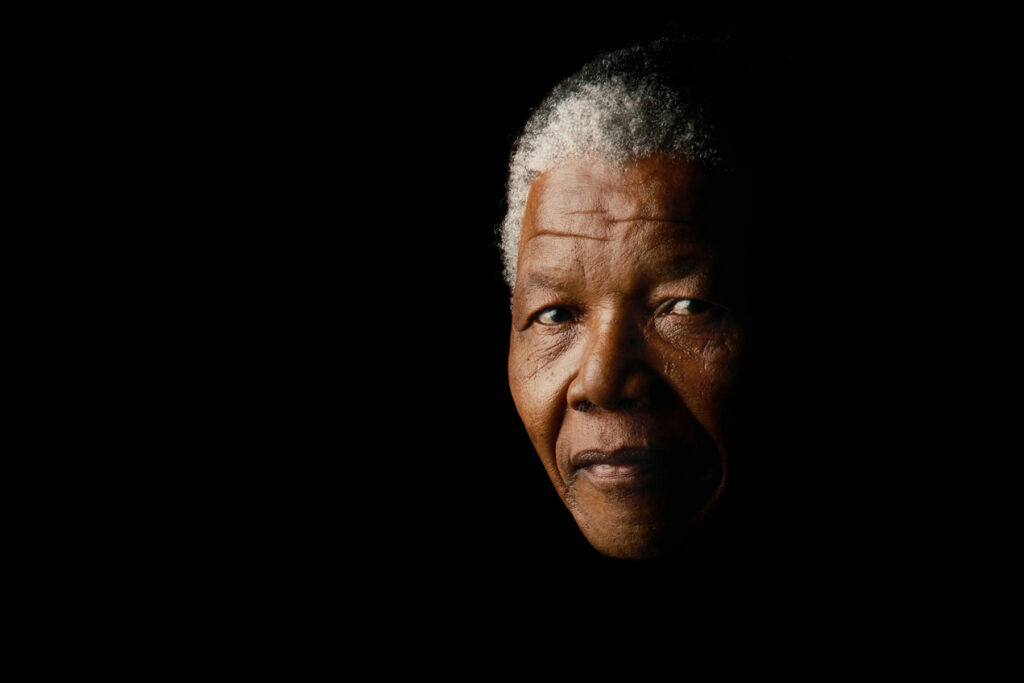Nelson Mandela Day, established by the United Nations in 2009, serves as a commemoration of Nelson Mandela’s remarkable life and enduring legacy. With the theme for 2023 set as “It’s in your hands,” this year’s event seeks to raise awareness about the impact of climate change on food and encourages individuals to contribute by planting trees and cultivating food in their communities.
Read More: Africa’s Top 5 Countries Driving Technological Advancement
The global initiative aims to plant one million trees worldwide, highlighting Mandela’s commitment to environmental sustainability. Mandela, a visionary leader, played a pivotal role in shaping South Africa’s destiny, advocating for transformative change and championing the rights of its citizens.
Born during a time of profound racial segregation known as apartheid, Mandela challenged this unjust system, which enforced strict racial separation and denied equal rights to black South Africans. Despite facing adversity and enduring a lengthy imprisonment, Mandela emerged as a symbol of resilience and hope.
Robben Island, situated off the coast of Cape Town, served as the prison where Mandela was incarcerated alongside numerous black political prisoners. Although imprisoned, Mandela’s cause resonated with people worldwide, garnering widespread support and global campaigns for his release.
Read More: The Intersection of Eco-Friendly Food Packaging and Technology in Africa
In 1990, Mandela’s long-awaited freedom came at the hands of South African President FW de Klerk, signifying a transformative era for the country. Mandela’s release prompted joyous celebrations, both in South Africa and around the globe, marking a turning point in the fight against apartheid.
A year after his release, apartheid officially ended in South Africa, leading to the nation’s first fully democratic elections in 1994. Mandela, embodying the spirit of reconciliation and unity, was elected as South Africa’s first black president. He dedicated himself to bridging racial divides and fostering a society built on equality.
In recognition of his unwavering commitment to peace and justice, Mandela was honored with the Nobel Peace Prize in 1993. Furthermore, his support for the South African rugby team during the 1995 Rugby World Cup showcased his belief in the power of sports to unify a nation divided by its painful past.
Read More: Dreams Talks, Connecting Cameroonian and African Ecosystems
Nelson Mandela’s indelible mark on history transcends borders, making him one of the most revered leaders globally. His legacy promotes a message of forgiveness and equality, serving as an enduring inspiration for generations to come. As we commemorate Nelson Mandela Day, we remember his extraordinary contributions and strive to embody his values of compassion, resilience, and the pursuit of a more just world.
https://twitter.com/africaniannews/status/1675791464024907777?s=20
